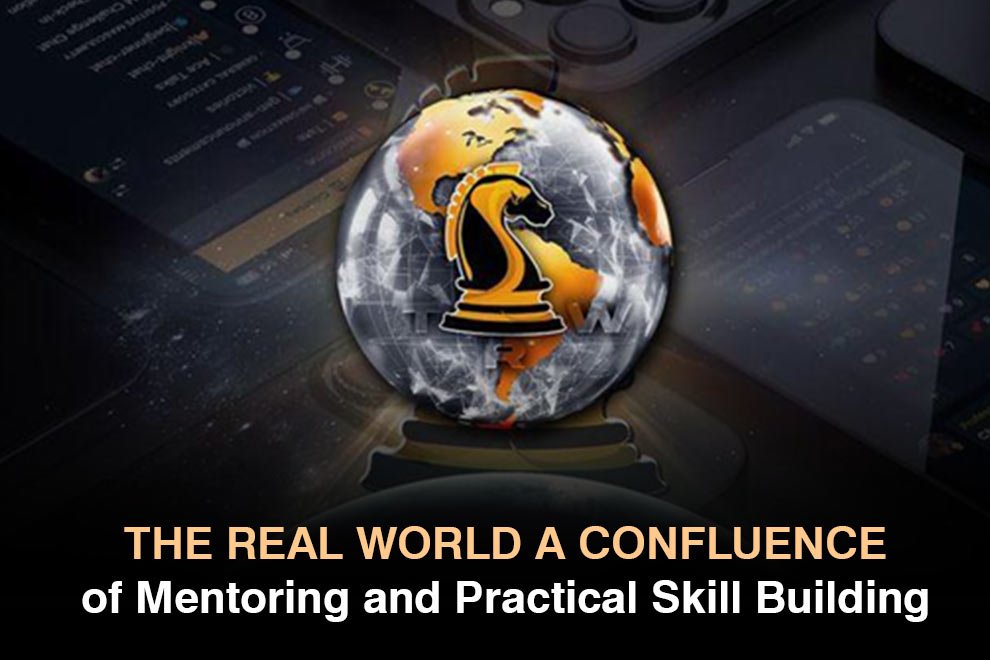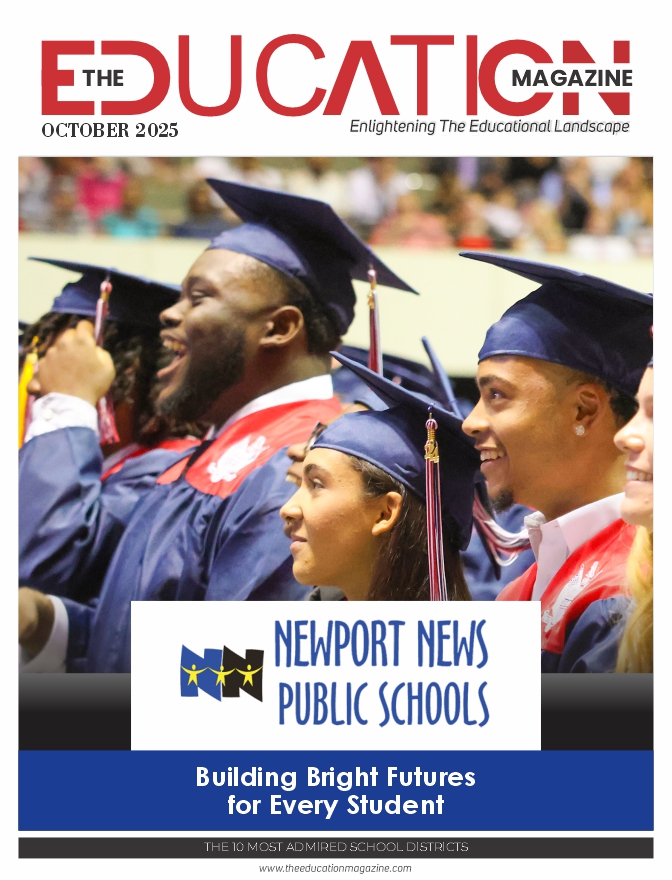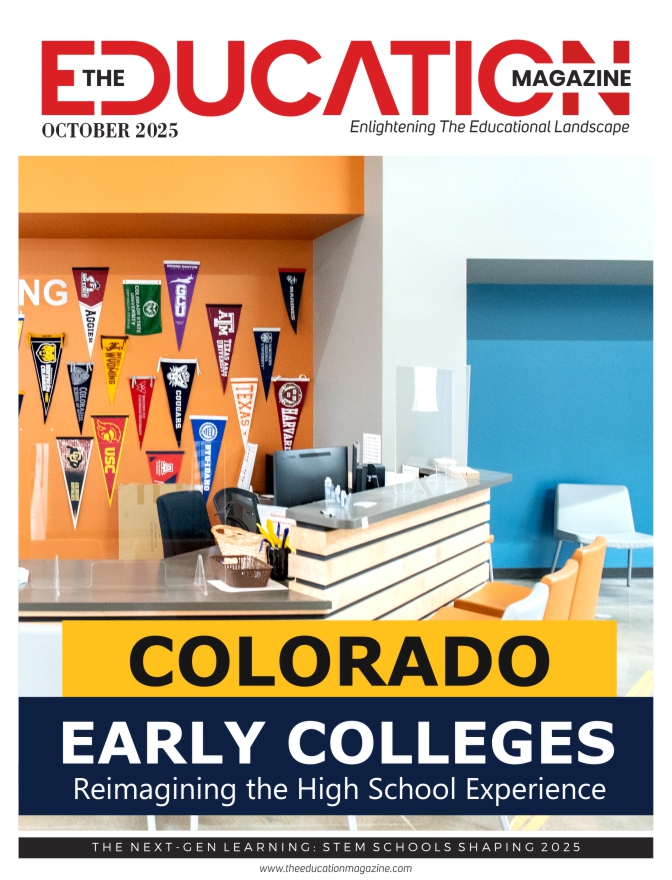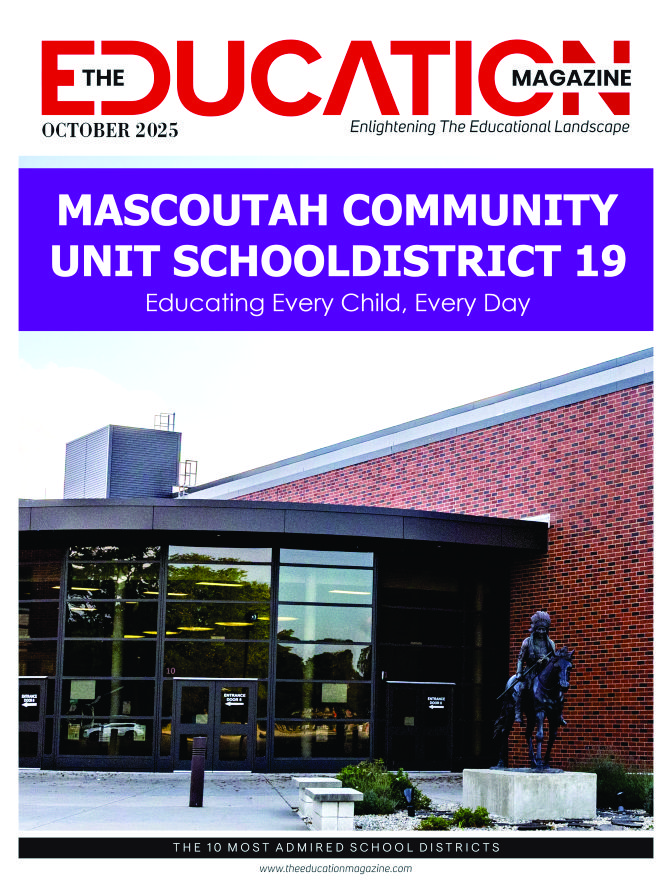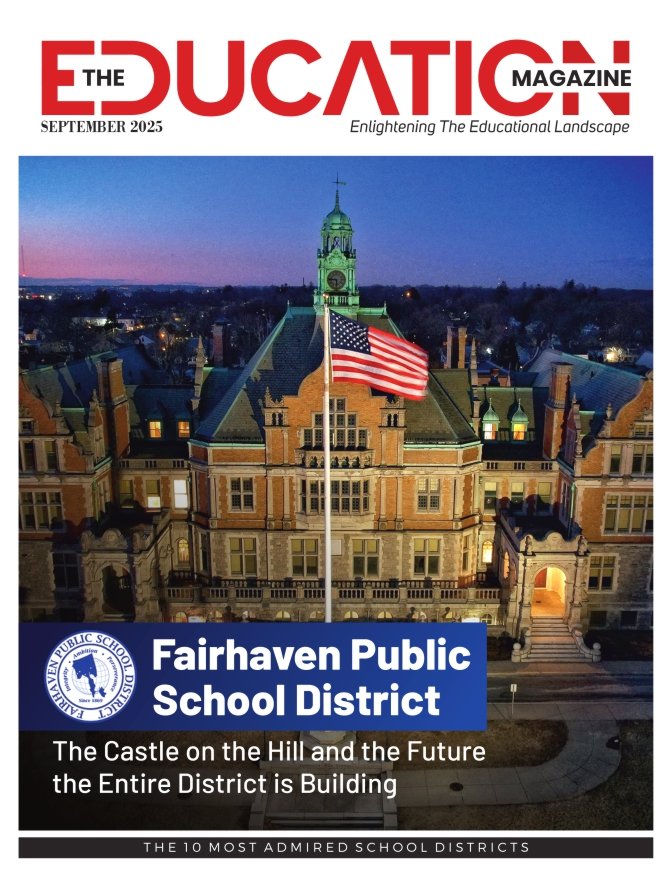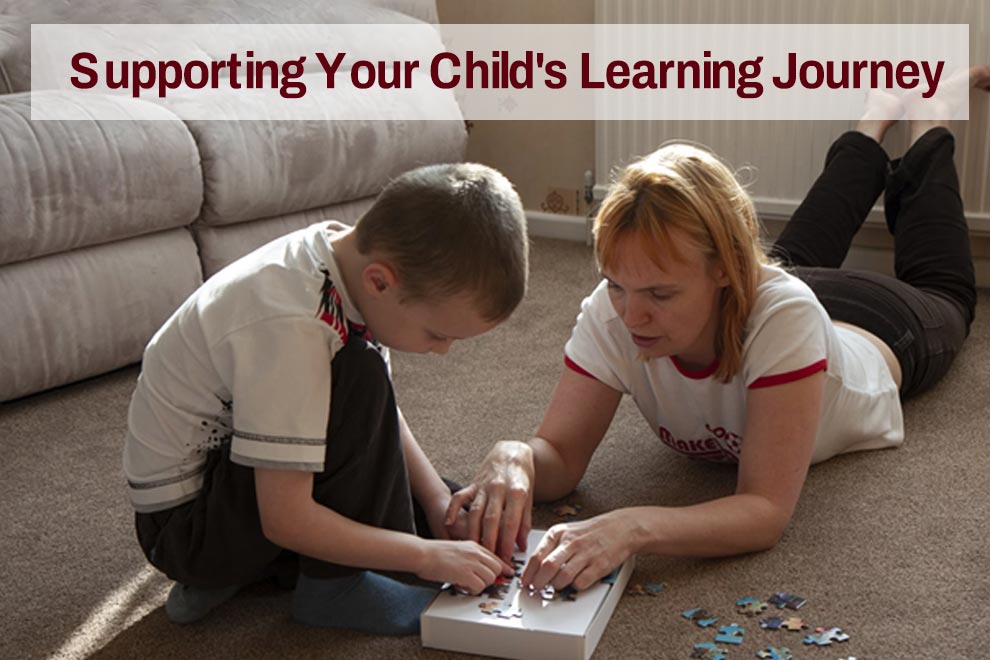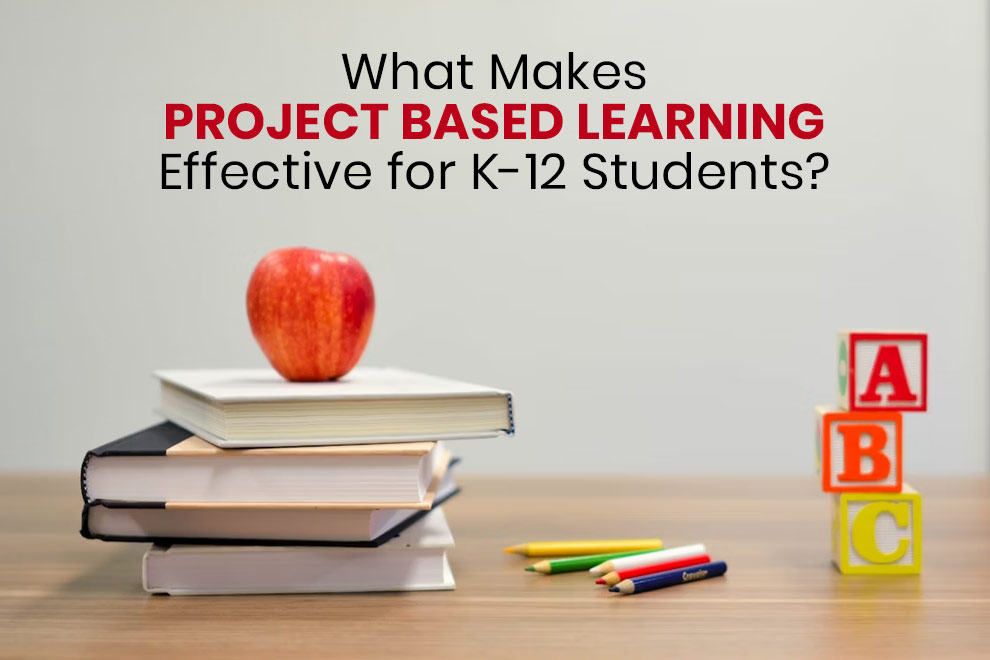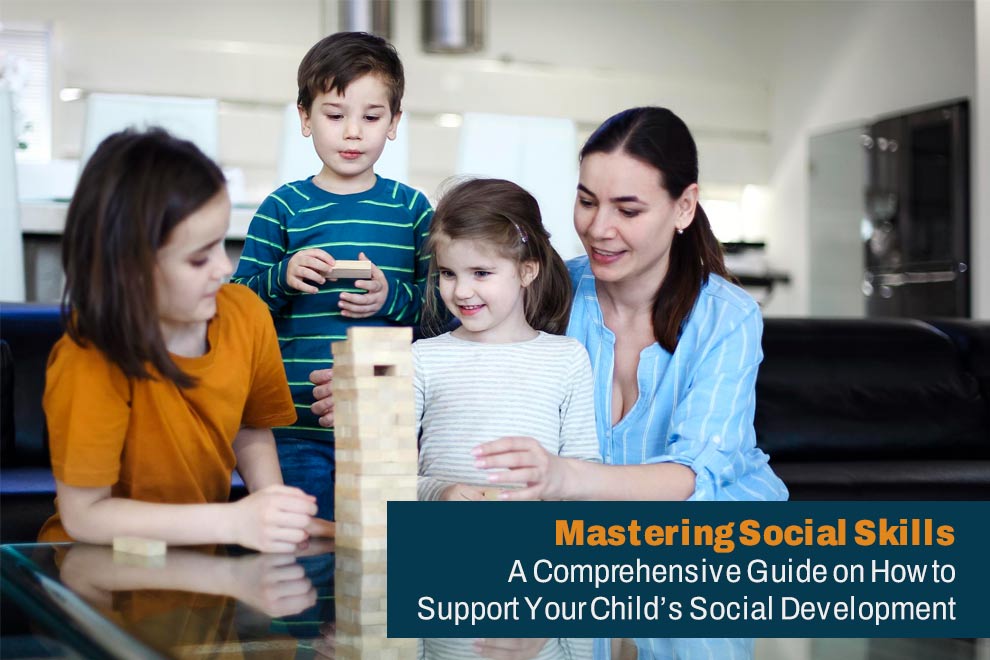At a time when formal education can lag in a fast-moving job market, a growing number of learners are looking toward occupations that emphasize tangible skills and on-the-job training. When it comes to growing a community, one standout environment is a community founded by Andrew Tate and a group of entrepreneurs. It’s a unique combination of mentorship, skills training, and networking to help position people for success in the digital economy.
Instead of theories in the classroom, like other teachers, The Real World offers hands-on training in areas that can be turned into immediate money-making opportunities. With an emphasis on mentorship and peer-to-peer learning, the platform has transformed from an online course to a community where personal and financial success meet.
The Importance of Mentoring in the Learning Assets of Today
Mentors have always been a key to success. From the apprenticeships of yore to today’s corporate coaching, a mentor means more than theoretical learning; it imparts guidance, accountability, and the human dimension of real-world application.
Sadly, the majority of conventional learning institutions cannot provide this kind of one-to-one mentorship. Students tend to have a degree, but they lack guidance on how to apply what they learned in a competitive atmosphere. The Real World bridges this divide, bringing students together with entrepreneurs, marketers, traders, and freelancers who are making their mark in their industries.
Students can learn first-hand from mentors who have been there, helping them to make progress faster and avoid some of the common mistakes. This hands-on experience can make all the difference between being a theorist on paper and a worker earning a living.
A Community-Centered Approach
The Real World isn’t a single online course at its heart—it’s a community-based learning center. Users can connect, track their progress, swap strategies, and hold each other accountable. It is a shared space that fosters a sense of belonging and encourages continuous learning.
Community-driven education offers several advantages:
Peer support: They can see others who have produced results and solve similar problems, to motivate each other.
Cooperation: Many members work together on projects, using what they learn on the spot.
Shared resources of tools, templates, and experiences enable faster learning.
Accountability: When you have a strong community, you are less likely to procrastinate, as the progress of others is discussed.
This model epitomizes a new form of education in which networks are as important as knowledge. Instead of rivaling, members collaborate to create opportunities.
Practical Skills That Drive Income
One of The Real World’s main drivers is the immediate economic consequences of its emphasis on skills. The platform structures learning around specialized “campuses” focused on a specific skill set. These are some of the most well-known:
- Copywriting and Content Creation
- They are acquiring persuasive writing, sales copy, and brand storytelling — skills that drive digital marketing and ecommerce.
- Instant feedback from coaches guides learners from practice to the point where they can naturally sell or persuade through words.
- Freelancing and Remote Work
Through their platform, contractors receive a complete, step-by-step breakdown on how to create a freelance career, from optimizing their profile to landing clients.
Some members learn how to acquire projects through channels like Upwork or Fiverr, while others develop their client bases.
E-Commerce and Business Building
The training includes product research, store formation, and digital advertising techniques.
Mentors provide advice on scaling businesses, managing customer service, and cash flow.
Investing and Finance
Lessons cover crypto trading, stock strategies, and wealth-building basics.
“You learn from the investors — both from a risk management standpoint and a profit perspective.”
Every skill is presented not as some abstract academic subject, but as a practical tool to earn money on the street, in the trench, in the real world. The incremental approach allows participants to transition from newbie to doer in a stress-free way.
The Role of Accountability in Skill Development
A third area in which The Real World excels is its accountability structure. This platform is unlike regular online courses, where people tend to lose interest and drop off, because here, every member is accountable.
- A daily check-in and progress-reporting system keeps learners in the loop.
- Mentors usually offer tasks that force students to use knowledge immediately.
When the feedback from fellow sufferers and success stories keeps coming, you start to notice: change is not just possible, it’s inevitable.
Such a culture of accountability translates education into action. The students aren’t just watching videos; they are creating portfolios, making deals, and earning while learning.
Over And Above Skills: The “Mindset”
And while skill is everything, The Real World hones another skill even more important;
mindset. Most don’t make it to financial independence, not because they don’t have opportunities — which there are plenty of — but because they lack the discipline, confidence, and resilience needed.
The platform teaches habits that lead to long-term success through mentorship, community discussions, and structured lessons:
Discipline: Consistent in the learning and execution of what is learnt.
Adaptability: Readiness to deal with changes in the market and technology.
Confidence: Negotiating, selling, and presenting ideas with confidence.
Resilience: Overcoming setbacks without quitting.
By cultivating both skills and mindset, The Real World creates people who can succeed in a dynamic and competitive world.
Real-World Applications and Success Stories
The effectiveness of an educational model is determined by its outcomes. Several The Real World cast members open up on transitioning from dead-end jobs or traditional schooling to successful careers.
- Several students have established thriving freelance careers in a matter of months.
- Others opened up successful e-commerce shops or built consulting firms.
- Some have become financially independent by practising investing theories learned on the platform.
This anecdote illustrates the gulf between head knowledge and body knowledge. By tapping into mentors and peers, learners can cut the time it takes to move from novice to professional.
The Future of Community-Based Learning
The Real World is part of a larger shift in education — from rigid, degree-based systems to flexible, skill-based ecosystems. The need for hands-on digital skills is only going to grow as industries continue the march toward digital.
Community-based formats like The Real World are in a unique position to address that demand by providing:
- Training never gets obsolete because it is always updated with the latest market trends.
- International networking that breaks down barriers and facilitates cooperation.
- On-demand mentorship to help further your career, fast.
For those who want more out-of-the-box and the opportunity to create a passive income, this model is an attractive alternative.
Conclusion
The Real World isn’t just a virtual learning platform—it’s a community of mentorship and hands-on, applied skill-building. With a focus on real-world results, the platform enables people to transform information into opportunity, impacts into solutions, and connections into actions.
In the age where so many of us are feeling held back by out-of-date educational models, The Real World shows us what happens when we bring mentorship, accountability, and community together. To those eager to take on self-sufficiency and digital entrepreneurship, it doesn’t just provide an education — it’s a way forward.
Also Read: Why One-to-One Tutoring Is Still the Gold Standard in Education
